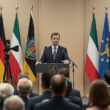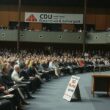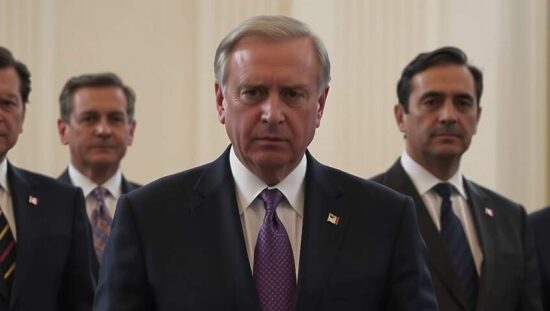German Foreign Minister Johann Wadephul has highlighted the close alignment in foreign policy collaboration with his U.S. counterpart, Marco Rubio. In an interview with the “Berlin Playbook” podcast by Politico, Wadephul emphasized a significant degree of agreement on key foreign policy and security matters, specifically noting strong cooperation regarding Israel, Iran, Ukraine and the broader Middle East peace process. He expressed confidence in Rubio’s steadfastness regarding the situation in Ukraine, stating they share a similar approach.
Regarding the transatlantic defense alliance, Wadephul asserted that NATO is “larger and stronger than ever before” contributing significantly to Germany’s security. He cautioned, however, that European commitment is crucial, especially given uncertainties regarding future U.S. support. He underscored Ukraine’s particular reliance on German leadership during this period.
Wadephul stressed the importance of maintaining a stable transatlantic security architecture, particularly given the recent accession of Sweden and Finland to NATO, which he believes are vital for security in Germany. He also advocated for both the expansion and reform of the European Union, explicitly mentioning the inclusion of nations from the Western Balkans as being in the mutual interest of both the candidates and the EU.
Describing his relationship with German Chancellor Friedrich Merz, Wadephul portrayed it as exceptionally close and coordinated. He characterized their working relationship as highly positive, asserting Merz’s leadership and directive authority. He further emphasized that Merz provides significant leeway for ministers to shape policy.
Even the recent and publicly voiced call for Germany to allocate 5% of its GDP to defense was presented as a carefully coordinated internal matter. Wadephul stated that their actions are aligned, framing his suggestion as potentially initiating a conversation that the coalition subsequently embraced.
Wadephul notably distanced himself and his approach from those of his predecessor, Annalena Baerbock, highlighting differences in both content and style. He expressed reservations about the focus on feminist foreign policy, arguing that in the current challenging international landscape, priorities must remain focused. He emphasized his commitment to prioritizing German and European interests, focusing on freedom, security and prosperity, believing foreign policy should deliver tangible and concrete contributions.





